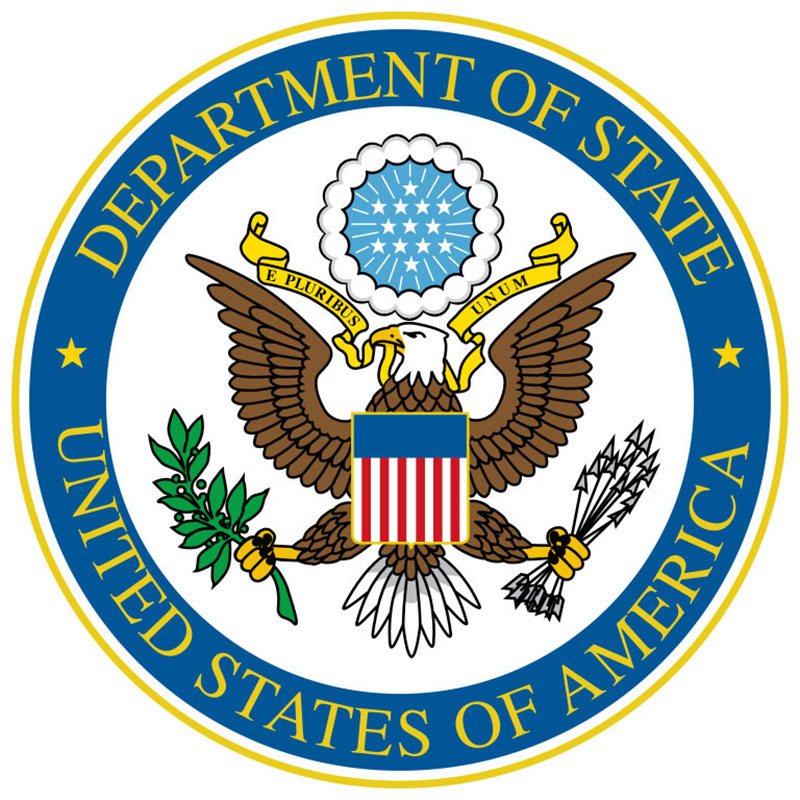Ask-the-Consul Installment 24-12
In this edition of our Ask-the-Consul, we will explain the process of transmitting U.S. citizenship to a child born outside of the United States.
How can a U.S. citizen transmit citizenship to a child born abroad?
A U.S. citizen can transmit citizenship to a child born abroad if certain conditions are met. Generally, the U.S. citizen parent must have been physically present in the United States for a specific period before the child’s birth. The exact requirements depend on whether one or both parents are U.S. citizens and the date of the child’s birth.
What are the physical presence requirements for a U.S. citizen parent to transmit citizenship to a child born abroad?
For a child born to two U.S. citizen parents, at least one parent must have resided in the United States at some point in their life. For a child born to one U.S. citizen parent and one non-citizen parent, the U.S. citizen parent must have been physically present in the United States for at least five years, two of which must have been after the age of 14.
If I’m eligible to transmit U.S. citizenship, will I be issued with a birth certificate for my child?
If you are eligible to transmit U.S. citizenship to your child born abroad, you will not be issued a U.S. birth certificate. Instead, you will be issued a Consular Report of Birth Abroad (CRBA), which serves as an official record of the child’s claim to U.S. citizenship.
Where can I apply for a Consular Report of Birth Abroad (CRBA)?
You can apply for a CRBA at the nearest U.S. embassy or consulate in the country where the child was born. For children born in Guyana, please follow the detailed instructions at https://gy.usembassy.gov/u-s-citizen-services/citizenship-services/.
What documents are needed to apply for a Consular Report of Birth Abroad (CRBA)?
To apply for a CRBA, you will need:
The child’s local birth certificate
Proof of the U.S. citizen parent’s citizenship (e.g., U.S. passport, naturalization certificate)
Evidence of the U.S. citizen parent’s physical presence in the United States
Parents’ marriage certificate, if applicable
Proof of the parents’ identity
Hospital records for the child, as well as pictures showing age progression (not required but helpful), if available.
What happens if the U.S. citizen parent does not meet the physical presence requirements?
If the U.S. citizen parent does not meet the physical presence requirements, the child will not qualify for a CRBA. However, the child may still be eligible to immigrate to the United States through an immigrant visa. Minor children of U.S. citizens who immigrate through an immigrant visa will automatically acquire U.S. citizenship upon their arrival in the United States and can apply for a U.S. passport thereafter.
Is there a fee for applying for a Consular Report of Birth Abroad (CRBA)?
Yes, there is a fee for applying for a CRBA. The current fee is USD$100.
Can the child apply for a U.S. passport at the same time as the CRBA?
Yes, you can apply for a U.S. passport for the child during the same appointment as the CRBA (once the CRBA has been approved). It is often convenient to submit both applications together. Our website provides detailed information on applying for both the CRBA and the U.S. passport in Guyana: https://gy.usembassy.gov/u-s-citizen-services/citizenship-services/.
Can I transmit U.S. citizenship to a child over age 18?
The transmission of U.S. citizenship to a child born abroad typically needs to be documented before the child turns 18, through a Consular Report of Birth Abroad (CRBA). However, there are other pathways for individuals over the age of 18 to acquire U.S. citizenship, such as through an immigrant visa and then naturalization in the United States, once they meet certain residency and physical presence requirements.
If you need further assistance or have specific questions about the CRBA or U.S. passport process, you may email us at ACSGeorge@state.gov.
***
“Ask the Consul” is a monthly column from the U.S. Embassy answering questions about U.S. immigration law and other Consular topics. Detailed information about visas can be viewed at https://gy.usembassy.gov/, https://ais.usvisa-info.com/, and https://travel.state.gov/. Information about American Citizen Services can be found at https://gy.usembassy.gov/u-s-citizen-services/.
Applicants are strongly encouraged to prepare their own documents and avoid third-party advice. Consular processes change frequently, and non-U.S. government advisors often provide inadequate or inaccurate information. Please contact our Visa Information Service Center using the contact information at https://ais.usvisa-info.com/en-gy/niv/information/contact_us if you have general visa questions.
